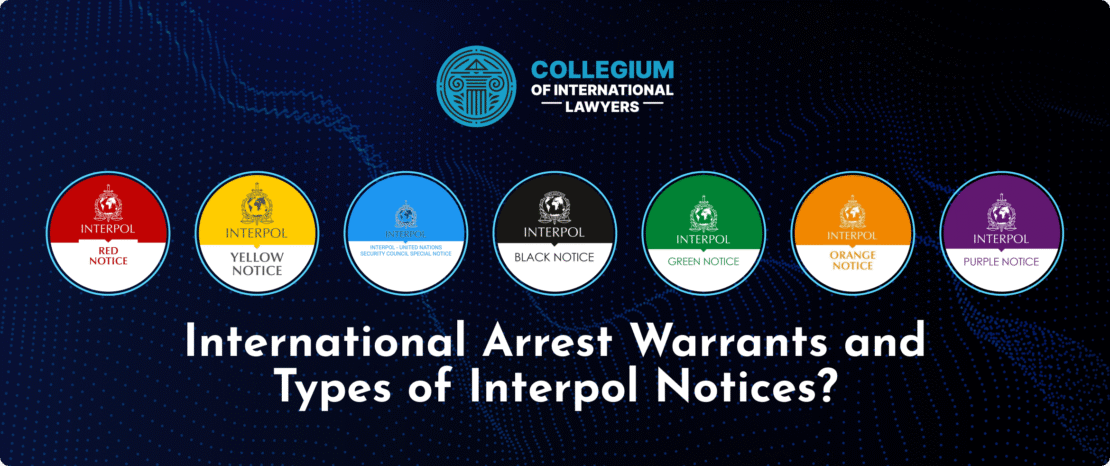
Interpol is redefining the framework of global security through its enhanced Interpol financial operations control. The organization recognizes that modern crime is increasingly intertwined with financial operations, necessitating a robust and proactive approach to combat these threats.
The Evolution of Financial Crime and Interpol’s Response
In the past decade, the landscape of financial crime has shifted dramatically. With the rise of digital currency, online banking, and advanced technology, traditional methods of financial fraud are evolving. Criminals are exploiting loopholes in the system, leading to vast financial losses globally. Interpol has responded to this growing challenge by enhancing its financial operations control mechanisms, focusing on information sharing, coordination among member countries, and developing comprehensive strategies.
Understanding Interpol’s Role
As an international police organization, Interpol plays a crucial role in facilitating cooperation between law enforcement agencies in different countries. Its financial operations control framework aims to streamline the exchange of information related to financial crimes, which is paramount in investigative processes. By fostering collaboration, Interpol enables countries to work together more effectively, sharing intelligence to dismantle complex financial crime networks.
Key Components of Financial Operations Control

Interpol’s efforts in financial operations control can be categorized into several key components:
- Information Sharing: Interpol has established mechanisms for rapid sharing of financial data among member countries. This includes using secure databases to track illicit financial flows and patterns related to criminal activities.
- Training and Capacity Building: The organization conducts training programs aimed at equipping law enforcement personnel with the necessary skills to combat financial crimes. These programs cover various aspects, including forensic accounting, anti-money laundering techniques, and the identification of financial trends related to organized crime.
- Specialized Units: Interpol has set up specialized units focused on financial crime. These units are tasked with analyzing and investigating financial operations linked to crimes such as human trafficking, drug smuggling, and terrorism financing.
- Partnerships with Financial Institutions: Collaborating with banks and international financial institutions allows Interpol to monitor suspicious activities and transactions. By working closely with these entities, Interpol can alert member countries to potential threats.
Case Studies: Successful Operations
There have been numerous instances where Interpol’s financial operations control has proven effective. One notable operation involved collaboration between several countries in tracking down a sophisticated money-laundering scheme that spanned multiple continents. By pooling resources and leveraging intelligence, law enforcement agencies were able to freeze assets and bring the perpetrators to justice.
Another case highlighted the role of cryptocurrencies in facilitating illicit transactions. Interpol’s financial task force coordinated with cryptocurrency exchanges to monitor suspicious transactions, leading to the identification and arrest of individuals involved in financing terrorism through digital currencies.
The Challenges Ahead

Despite the progress made, Interpol faces significant challenges in financial operations control. One of the primary obstacles is the rapid pace of technological advancement. As new financial products and technologies emerge, criminals adapt quickly, often outpacing law enforcement agencies. Additionally, the legal frameworks governing financial crime vary significantly from one country to another, complicating cross-border investigations.
Another challenge is the issue of cybersecurity. As more financial transactions occur online, the risk of cybercrime increases. Interpol must continuously adapt its strategies to address these threats and protect financial systems globally.
Looking Forward: The Future of Interpol’s Financial Operations Control
To remain effective, Interpol’s financial operations control must evolve. There is a clear need for ongoing investment in technology and training, alongside strengthening international cooperation. The organization plans to leverage artificial intelligence and data analytics to better predict and manage financial crime trends. Furthermore, increasing engagement with private sector stakeholders can enhance the effectiveness of financial operations control efforts.
Conclusion
In conclusion, Interpol’s financial operations control is a critical component of the global fight against financial crime. As criminals continue to adapt and evolve their tactics, Interpol must remain proactive, fostering collaboration among countries and enhancing its capabilities. Through information sharing, specialized training, and strategic partnerships, Interpol aims to create a safer financial environment for everyone. The ongoing commitment to these initiatives signals a positive step towards curbing the tide of financial crimes that threaten the integrity of global financial systems.